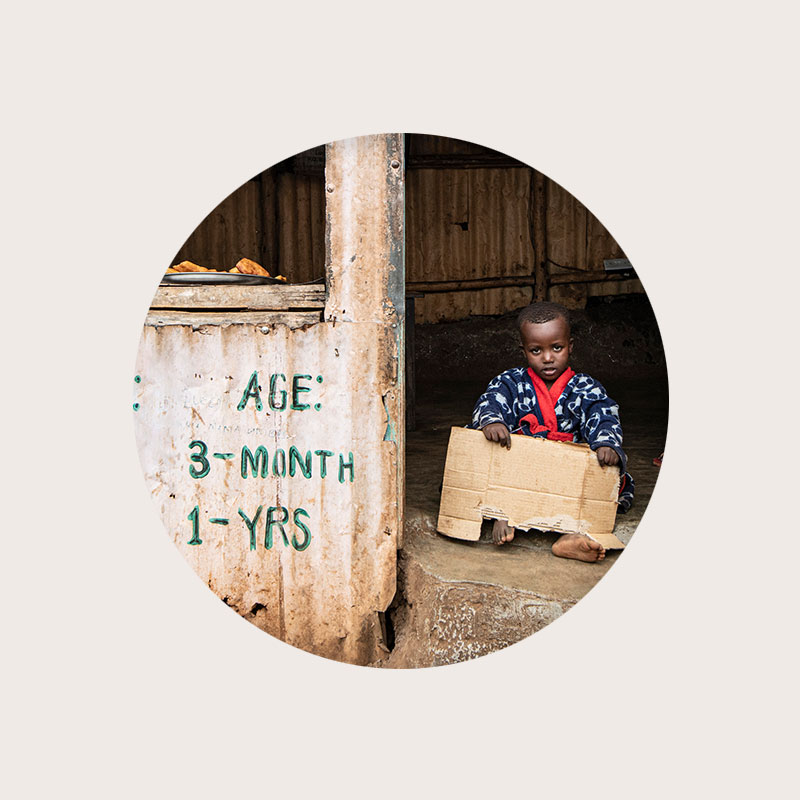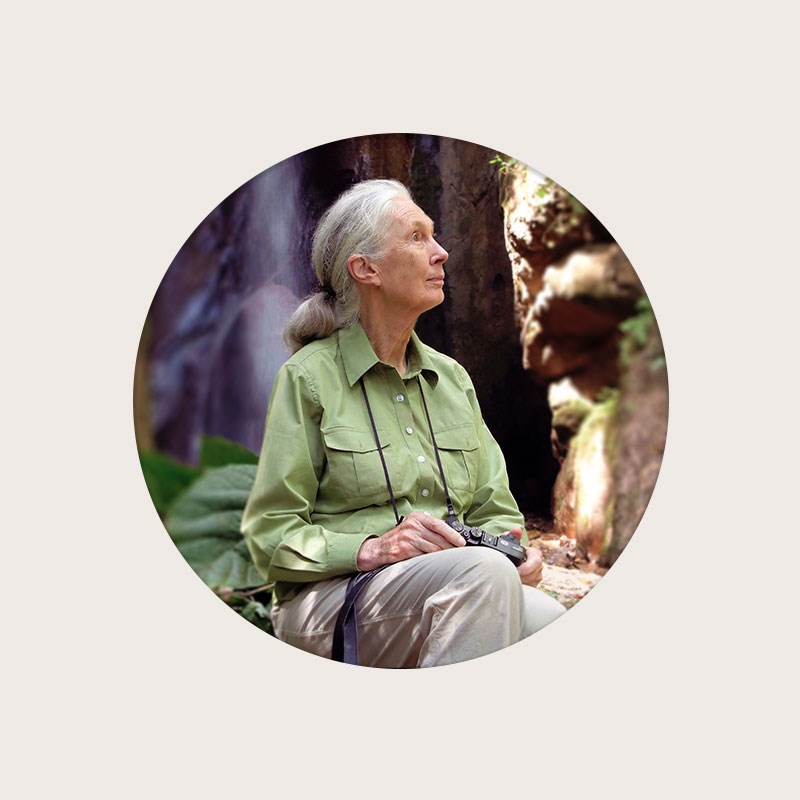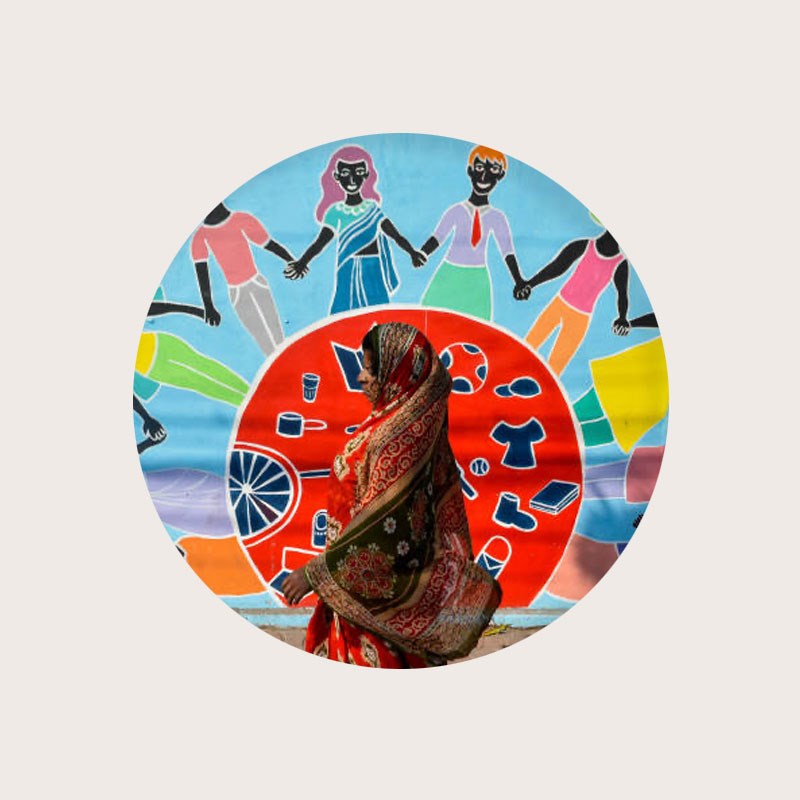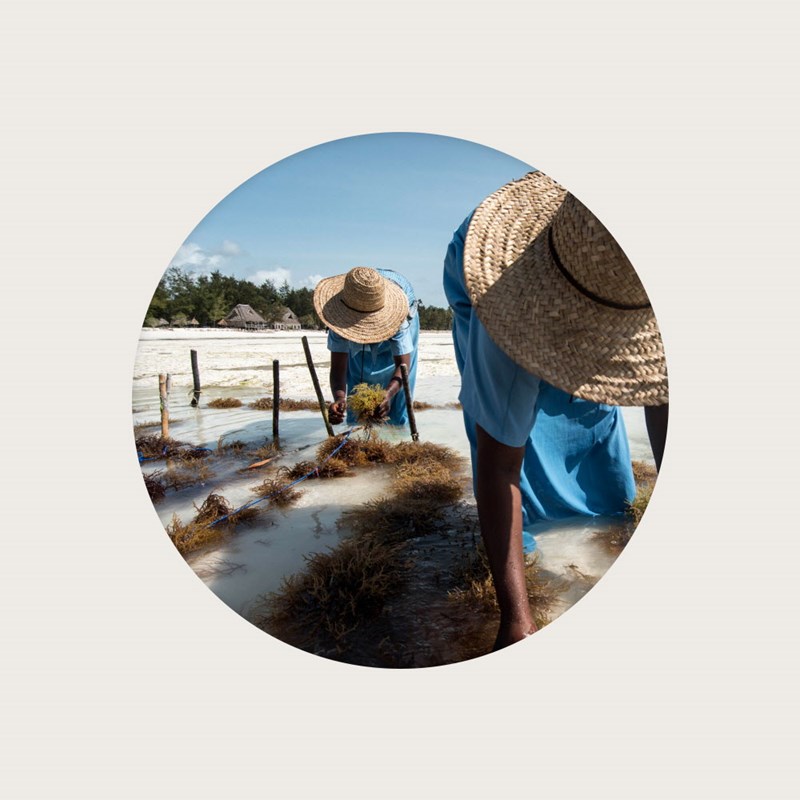According to research by Bridgespan, just 14 percent of large gifts by international donors get to local NGOs in Africa, and only 9 percent of large gifts by African funders are channelled to proximate organisations. The rest go to governments and international NGOs.
Why this happens – and what it means for on-the-ground organisations, programming, and final impact – is at the heart of this episode of The Impact Room, where we take a deep dive into African development funding and the thorny topic of decolonizing aid.
Host Maysa Jalbout explores the barriers to funding grassroots entities in Africa and why the status quo is so hard to shift – but also hear about some new solutions designed to “shift the power” from donor to implementer and create more equitable partnerships.
Mosun Layode, the executive director of the African Philanthropy Forum (APF), which was formed in 2014 to shift the needle on development funding on the continent, kicks off the episode with a detailed landscape analysis of leading funders and innovative initiatives.
Layode, who is also a board member of Candid and Rockefeller Philanthropy Advisors, explains that while there is no shortage of giving in Africa, the concept of strategic philanthropy remains “relatively new” to many indigenous donors and foundations.
Calling for more “deliberate” and “measurable” giving, Layode also makes the case for greater collaboration to amplify impact and tackle systemic issues. “We cannot continue to just to address the symptoms, like cholera and high unemployment,” she says. “These are issues we’ve been dealing with for so many decades, in some cases centuries, so we need a holistic approach to addressing the root causes.”
Professor Bheki Moyo, chair and director of the Centre on African Philanthropy and Social Investment (CAPSI), at Wits University Business School in Johannesburg, South Africa, is Maysa’s second guest.
One of the first to coin the term “shift the power” - in an article he wrote in 2007 about how development was funded and managed largely by donors in the so-called Global North - Professor Bheki, calls for more collaboration between funders, iNGOs and local organisations in Africa.
“I'm not advocating for iNGOs to leave the continent. No, I'm simply asking that they co-create and collaborate,” he says. He also appeals to philanthropists to do more to fund African civil society working on “abstract” causes, such as human rights and policy issues, rather than simply focusing on “materialistic” initiatives such as building schools or donating computers.
Encouraged by the cross-sector collaborative responses to the Ebola crisis in West Africa and then the Covid-19 pandemic, Professor Bheki says: “Change is happening, but I don't think it's happening at the speed at which we would want it to, to happen.”
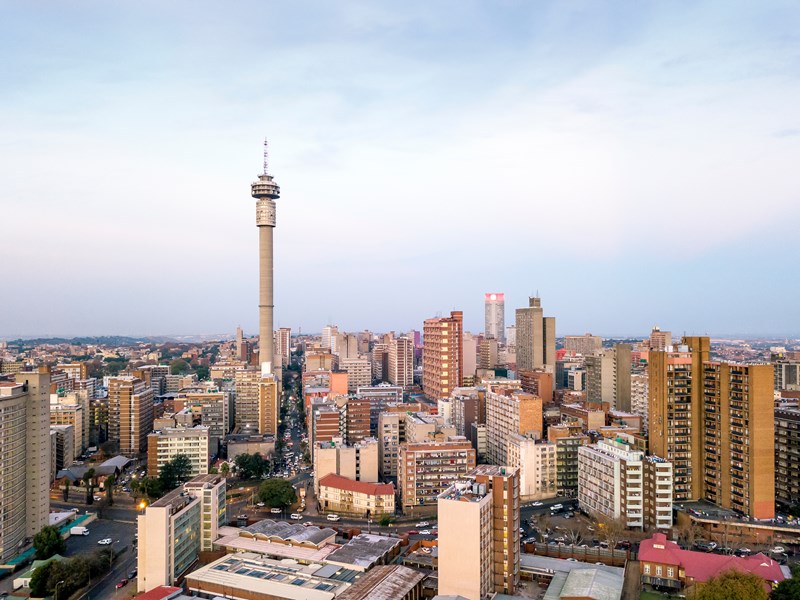
Johannesburg in South Africa is homing to a growing number of HNWIs putting money back into social investment projects across the continent. Photo: Shutterstock.
Maysa’s final guest is Degan Ali, the executive director of Adeso, a development and humanitarian NGO working in the Horn of Africa.
A long-time activist and leading voice in the aid localization debate, Ali has recently spearheaded the launch of the Pledge for Change, calling on iNGOs to commit more equitable partnerships and authentic storytelling to create a stronger aid ecosystem based on the principles of solidarity, humility, self-determination and equality.
Ali, who was an initiator of the Charter for Change, and a driving force behind the Network for Empowered Aid Response (NEAR), shares her views on why the current funding system for aid and development isn’t working, the role for philanthropy to seed new approaches, and ways for donors to operate more equitably.
Praising “the courageous path” of Mackenzie Scott, who last year gifted Adeso a lump-sum of US5m with only light-touch reporting requirements, she appealed to other donors to also “make big bets”, “trust the people on the ground”, and give “meangingful” long-term and unrestricted funding.
“Listen to the communities and your partners and let them come with solutions that are relevant to their context,” she says. “If you're a climate change funder but your partners are saying, no, the priority is health or education, listen to them partner and be willing to step out of your comfort zone.”
About the host
Maysa Jalbout is a leader in international development and philanthropy. Her previous roles include founding CEO of the Abdulla Al Ghurair Foundation for Education, a $1bn philanthropic initiative based in Dubai, and founding CEO of the Queen Rania Foundation. Maysa is a visiting scholar at MIT and ASU, and a non-resident Fellow at the Brookings Institution. Find her on Twitter @MaysaJalbout.

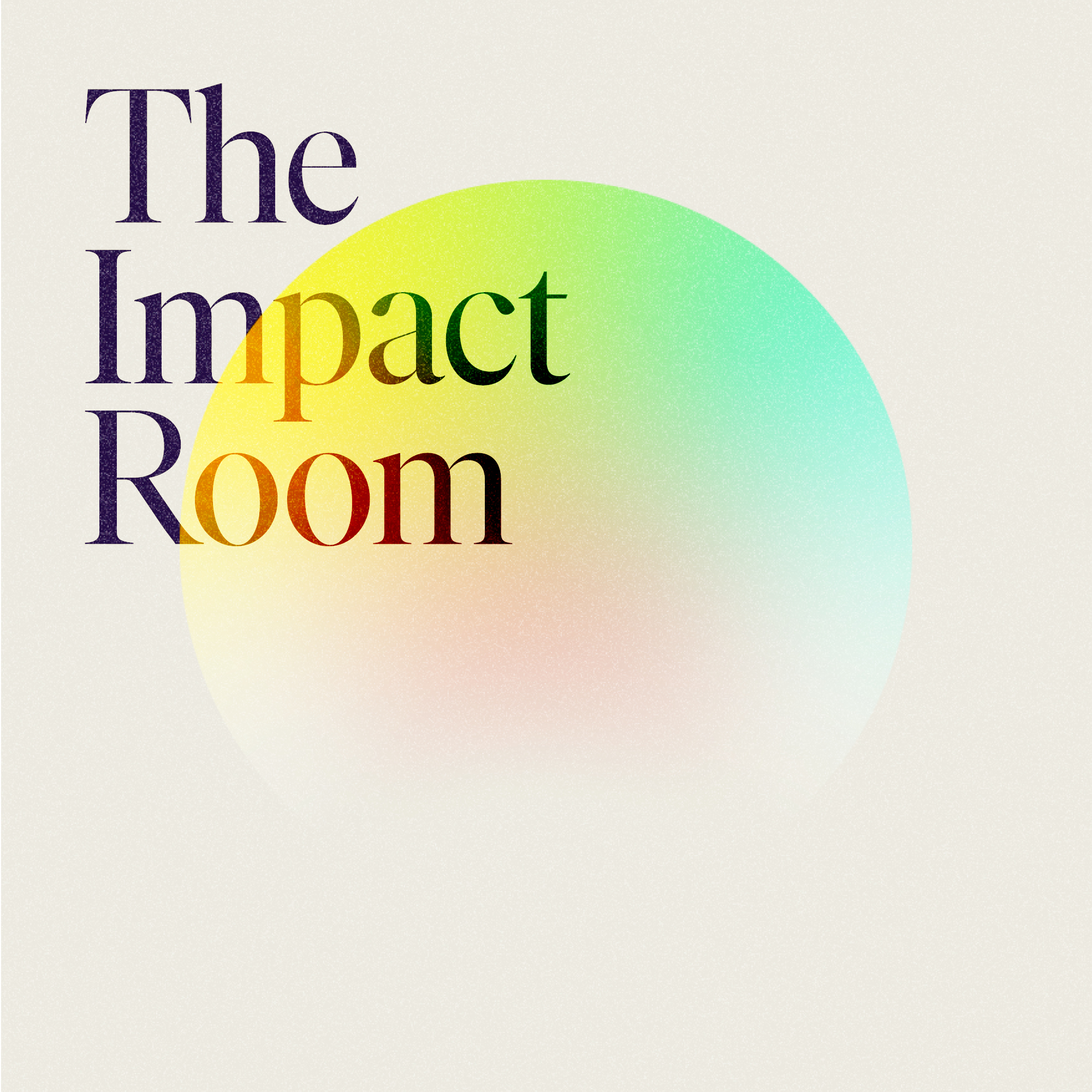
 Apple
Apple Spotify
Spotify Google
Google